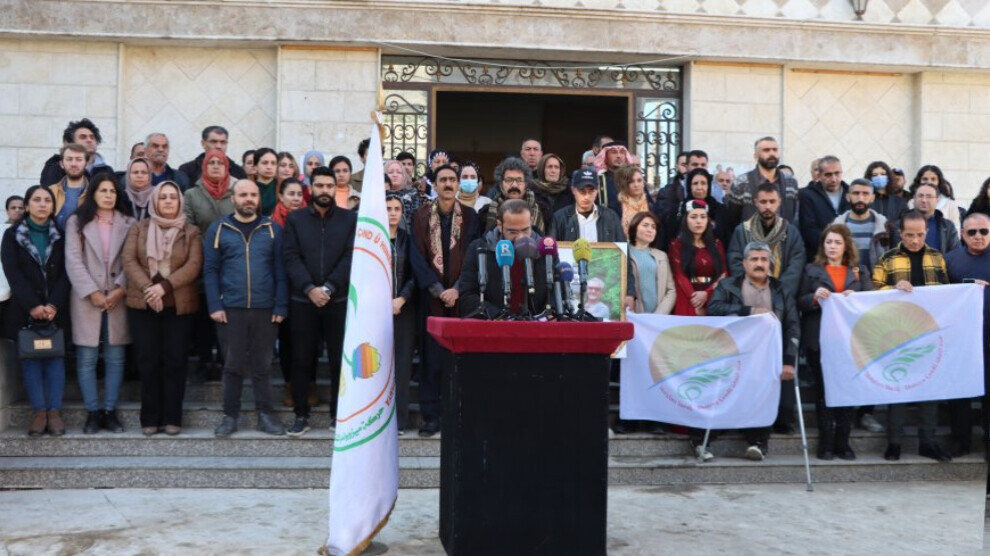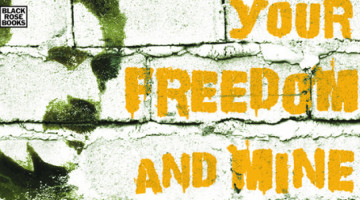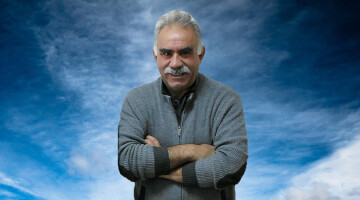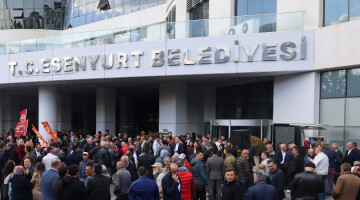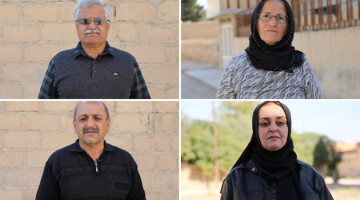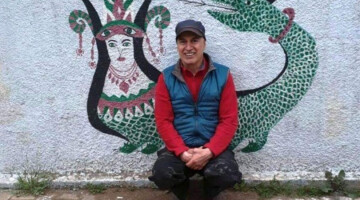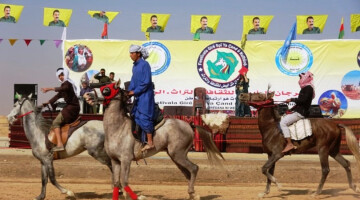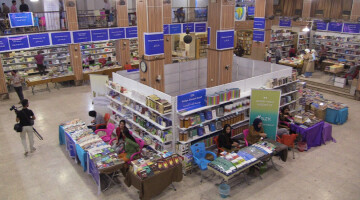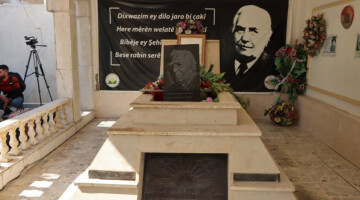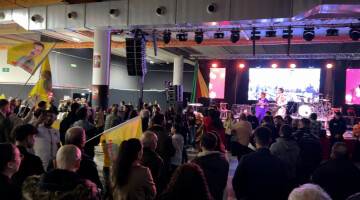The cultural movements in northern Syria announced at a press conference in Qamishlo on Thursday the death of filmmaker Mansour Karimian in a Turkish airstrike in northern Syria on 24 December.
Numerous artists and intellectuals from the region took part in the press conference in front of the Mihemed Şêxo Cultural Centre organized by the Mesopotamia Democratic Culture and Art Movement (TEV-ÇAND), Hîlala Zêrîn Women's Culture and Art Movement and the Union of Artists and Intellectuals.
Speaking here, Aram Hesen, a member of TEV-ÇAND, pointed out that the Turkish government based its power on the destruction of Kurdish existence and did not recognize any ethical standards and social values. "The Turkish state is attacking with an understanding based on fascism, genocide and occupation," said Hesen and emphasized that the latest wave of attacks on the autonomous region of northern and eastern Syria was part of a campaign of destruction carried out with this mentality. He noted that Turkey deliberately bombed the civilian population's central living spaces, killing a number of people from Rojava and North-East Syria.
Aram Hesen stated that filmmaker Mansour Karimian (Mensûr Kerîmiyan) was among the victims of the latest Turkish attacks on the region: "Mansour Karimian came from Sine (Sanandaj) in Rojhilat (East Kurdistan) and grew up with a culture of resistance. As an artist, he worked in all four parts of Kurdistan. Karimian came to Rojava because of the Iranian regime's repression and worked on the feature films Dema Dirîreşkan (Blackberry Season), Letters from Shengal, Kobanê, and the Evîna Kurd series.”
"We will reveal the black face of the enemy by creating revolutionary art, and we will walk in the footsteps of our martyrs,” Aram Hesen concluded.

